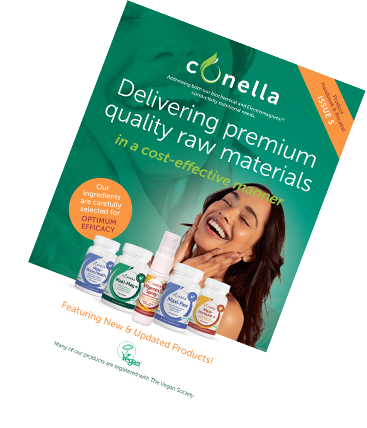
We are all currently living in difficult and uncertain times in the wake of the coronavirus outbreak, with the government asking everyone in the UK to stay at home until further notice, only leaving home if we have to for one of the following 4 reasons:
shopping for basic necessities, for example, food and medicine, which must be as infrequent as possible.
one form of exercise a day, for example, a run, walk, or cycle - alone or with members of your household.
any medical need, including to donate blood, avoid or escape risk of injury or harm, or to provide care or to help a vulnerable person.
travelling for work purposes, but only where you cannot work from home.
 Write down 3 good things a day and share them with loved ones or friends. Neuroscientists have shown that the expedience of training the brain to look for things that make us happy counteracts the natural tendency to recognise bad things which, evolutionarily, have generally meant danger. Apparently, doing this for 100 days changes the brain wave patterns in the majority of people in the research.
Write down 3 good things a day and share them with loved ones or friends. Neuroscientists have shown that the expedience of training the brain to look for things that make us happy counteracts the natural tendency to recognise bad things which, evolutionarily, have generally meant danger. Apparently, doing this for 100 days changes the brain wave patterns in the majority of people in the research.










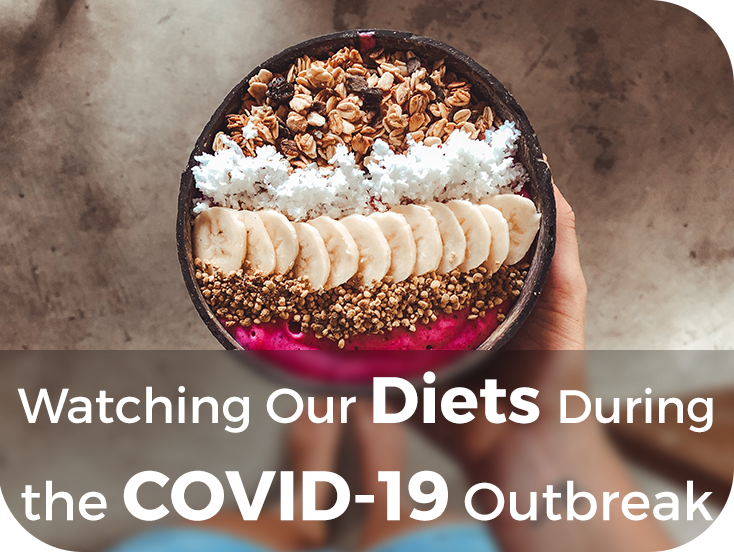 According to a panel of experts from The Council for Responsible Nutrition (CRN UK), the ongoing situation surrounding coronavirus could soon lead to dietary deficiencies among the country’s population, with a potentially detrimental impact on our immune function and ability to fight disease.
According to a panel of experts from The Council for Responsible Nutrition (CRN UK), the ongoing situation surrounding coronavirus could soon lead to dietary deficiencies among the country’s population, with a potentially detrimental impact on our immune function and ability to fight disease.
 We are all currently living in difficult and uncertain times in the wake of the coronavirus outbreak, with the government asking everyone in the UK to stay at home until further notice, only leaving home if we have to for one of the following 4 reasons:
shopping for basic necessities, for example, food and medicine, which must be as infrequent as possible.
one form of exercise a day, for example, a run, walk, or cycle - alone or with members of your household.
any medical need, including to donate blood, avoid or escape risk of injury or harm, or to provide care or to help a vulnerable person.
travelling for work purposes, but only where you cannot work from home.
We are all currently living in difficult and uncertain times in the wake of the coronavirus outbreak, with the government asking everyone in the UK to stay at home until further notice, only leaving home if we have to for one of the following 4 reasons:
shopping for basic necessities, for example, food and medicine, which must be as infrequent as possible.
one form of exercise a day, for example, a run, walk, or cycle - alone or with members of your household.
any medical need, including to donate blood, avoid or escape risk of injury or harm, or to provide care or to help a vulnerable person.
travelling for work purposes, but only where you cannot work from home.
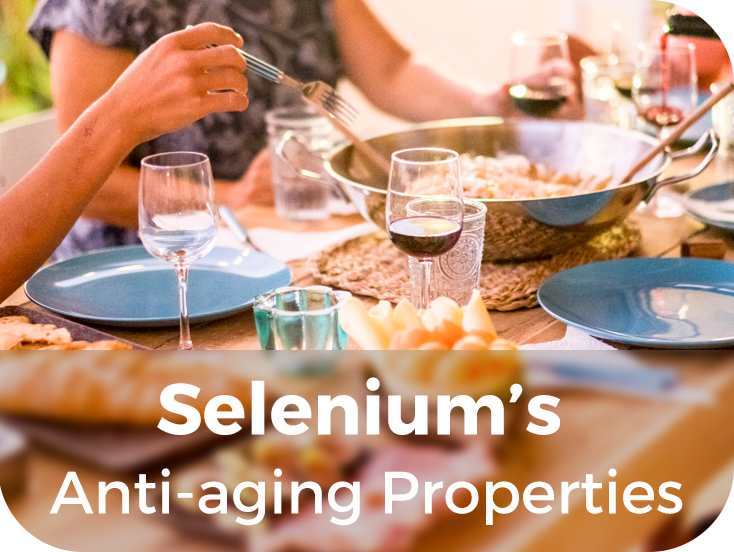 Recent research suggests that a modest daily intake of selenium could be connected to improved anti-aging properties. Yet it's concerning to note that the average UK daily intake of selenium from dietary sources is around 29 to 39 µg which in below the NRV suggestion of 55 μg per day). we review the wisdom of supplementing this lesser-known nutrient.
Recent research suggests that a modest daily intake of selenium could be connected to improved anti-aging properties. Yet it's concerning to note that the average UK daily intake of selenium from dietary sources is around 29 to 39 µg which in below the NRV suggestion of 55 μg per day). we review the wisdom of supplementing this lesser-known nutrient.
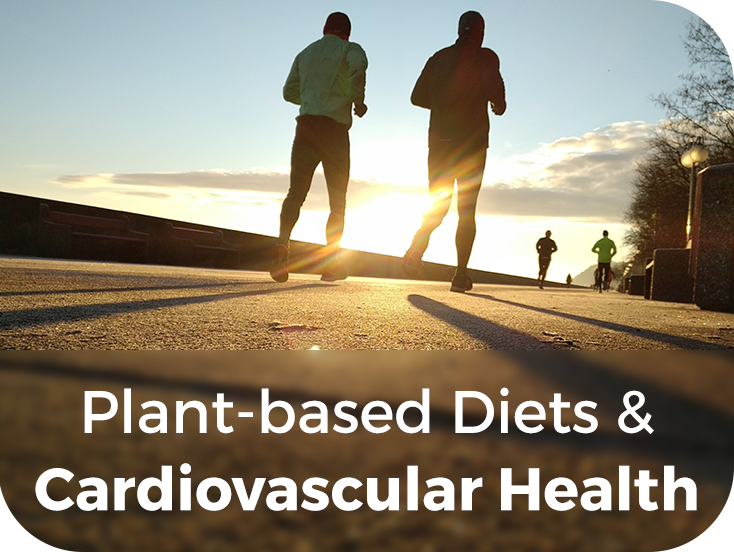 A recently released study has discovered that the role of diet and its effect on our gut bacteria may directly impact our cardiovascular wellbeing. Published in the Journal of the American College of Cardiology, the research revealed that a plant-based diet can significantly reduce the risk of coronary heart disease (CHD), as it encourages good bacteria and positively influences the gut’s microbiome pattern.
A recently released study has discovered that the role of diet and its effect on our gut bacteria may directly impact our cardiovascular wellbeing. Published in the Journal of the American College of Cardiology, the research revealed that a plant-based diet can significantly reduce the risk of coronary heart disease (CHD), as it encourages good bacteria and positively influences the gut’s microbiome pattern.
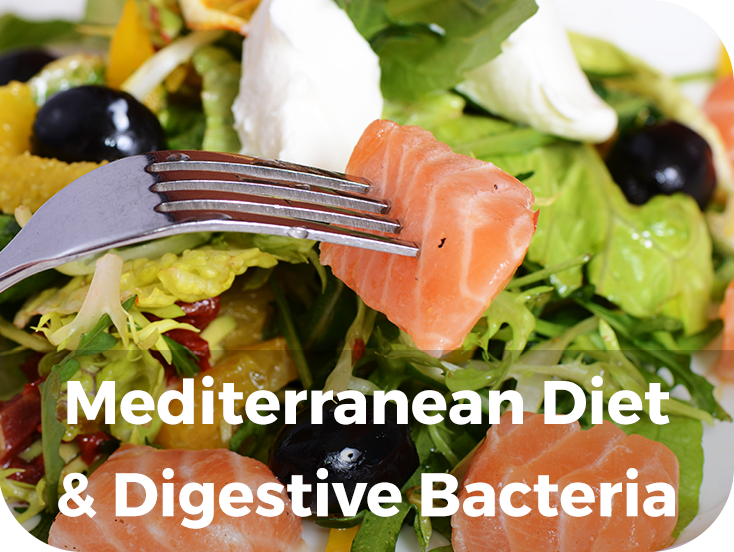 According to a newly released five-country study published in the journal Gut, diets that are high in whole grains, fruit, veg, legumes, beans and olive oil can have a positive impact on gut bacteria, increasing diversity and helping to ward off the advances of old age.
According to a newly released five-country study published in the journal Gut, diets that are high in whole grains, fruit, veg, legumes, beans and olive oil can have a positive impact on gut bacteria, increasing diversity and helping to ward off the advances of old age.
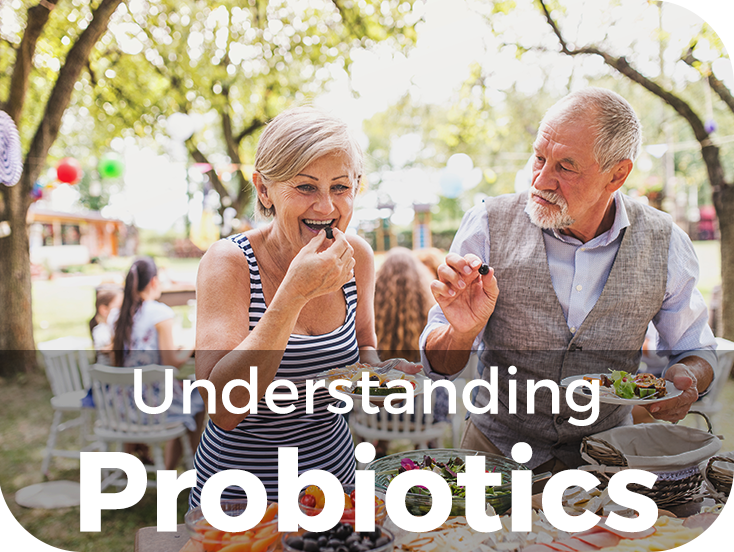 Probiotics are live bacteria or microorganisms found in the digestive tract which have been shown to benefit human health and contribute to a healthy microbiome. The microbiome refers to the balance of different types of bacteria in the gut and a healthy microbiome contains plenty of beneficial strains (or probiotics). Numerous studies show that a healthy microbiome can positively influence many aspects of human health, including digestion, mental health, and immunity.
Probiotics are live bacteria or microorganisms found in the digestive tract which have been shown to benefit human health and contribute to a healthy microbiome. The microbiome refers to the balance of different types of bacteria in the gut and a healthy microbiome contains plenty of beneficial strains (or probiotics). Numerous studies show that a healthy microbiome can positively influence many aspects of human health, including digestion, mental health, and immunity.
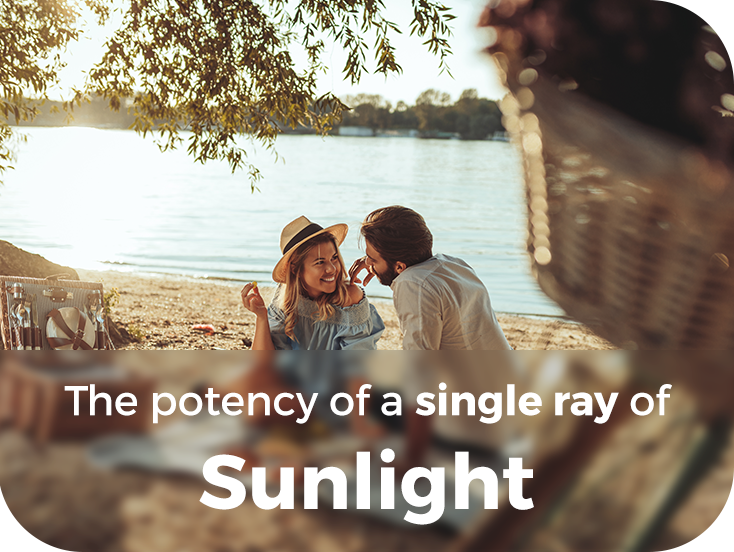 For many years we have raised the connection between sunlight and our ability to optimise health, through optimising mitochondrial function and biophoton activity as a key source of respiratory energy or adenosine triphosphate (ATP). However, it's great to see that science is beginning to identify the connection between light and our important health-promoting digestive bacteria profile, after all as identified by Herings Law of Cure most disease starts with some form of bowel disorder. So maybe a sun-soaked summer holiday does more for us than simply recharging our biophoton cellular batteries.
For many years we have raised the connection between sunlight and our ability to optimise health, through optimising mitochondrial function and biophoton activity as a key source of respiratory energy or adenosine triphosphate (ATP). However, it's great to see that science is beginning to identify the connection between light and our important health-promoting digestive bacteria profile, after all as identified by Herings Law of Cure most disease starts with some form of bowel disorder. So maybe a sun-soaked summer holiday does more for us than simply recharging our biophoton cellular batteries.
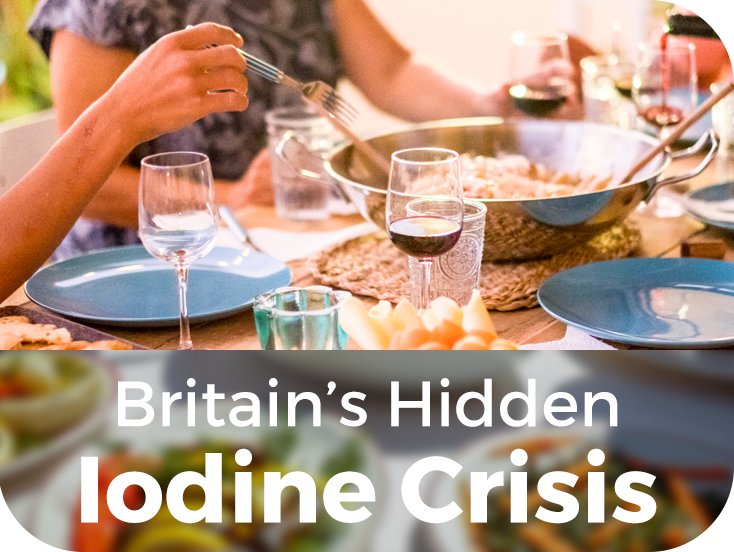 According to a study conducted by a team in Norway, the increased prevalence of veganism and certain other lifestyle factors is leading to a serious but previously hidden health problem: a growing number of people are becoming deficient in iodine. With iodine deficiencies found to be most common among vegans, research has revealed that only 14 percent of those who follow a plant-based diet have a high enough iodine intake from the food they ingest.
While this might sound like a minor issue, it can actually have some serious consequences, ranging from weight gain, fatigue, and weakness through to more troubling symptoms such as changes in heart rate and problems learning and remembering. Here’s what you need to know about the UK’s hidden health crisis.
According to a study conducted by a team in Norway, the increased prevalence of veganism and certain other lifestyle factors is leading to a serious but previously hidden health problem: a growing number of people are becoming deficient in iodine. With iodine deficiencies found to be most common among vegans, research has revealed that only 14 percent of those who follow a plant-based diet have a high enough iodine intake from the food they ingest.
While this might sound like a minor issue, it can actually have some serious consequences, ranging from weight gain, fatigue, and weakness through to more troubling symptoms such as changes in heart rate and problems learning and remembering. Here’s what you need to know about the UK’s hidden health crisis.
